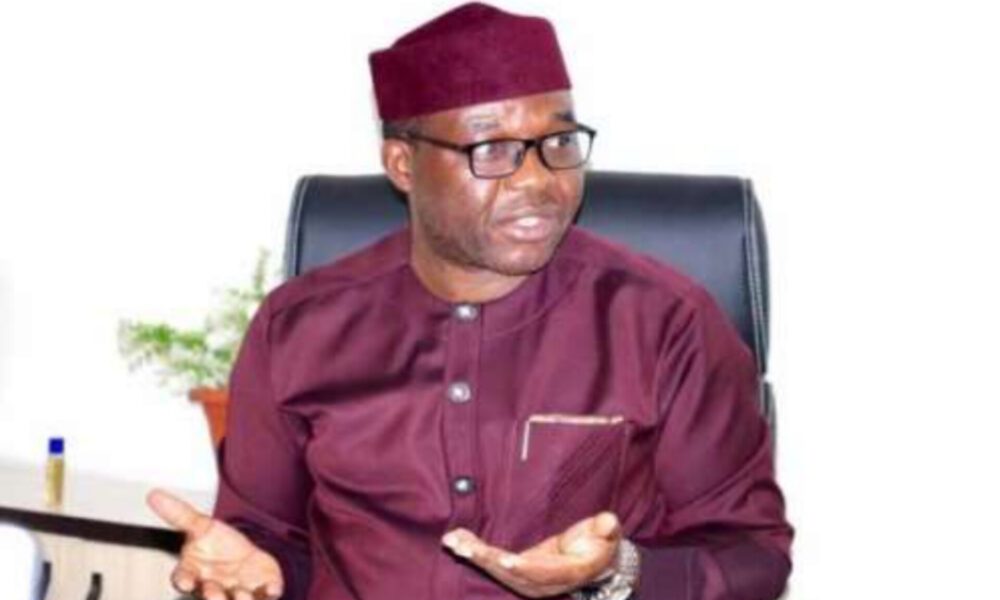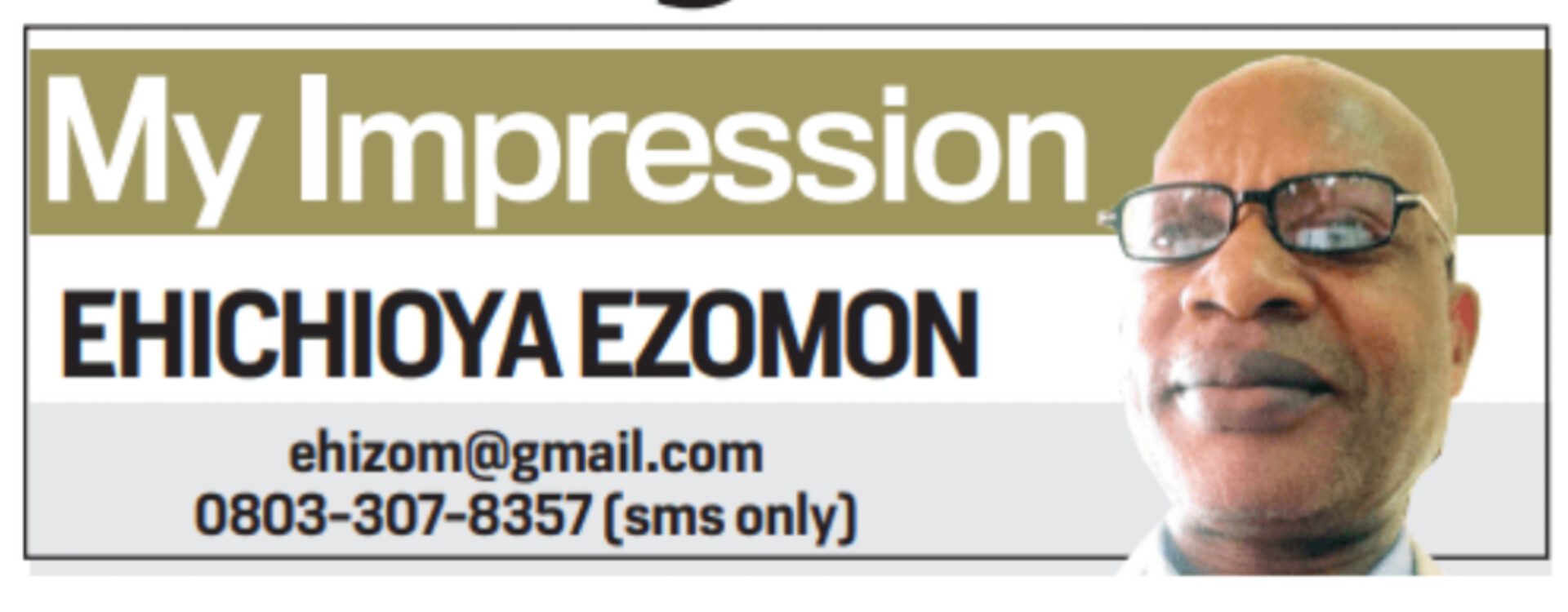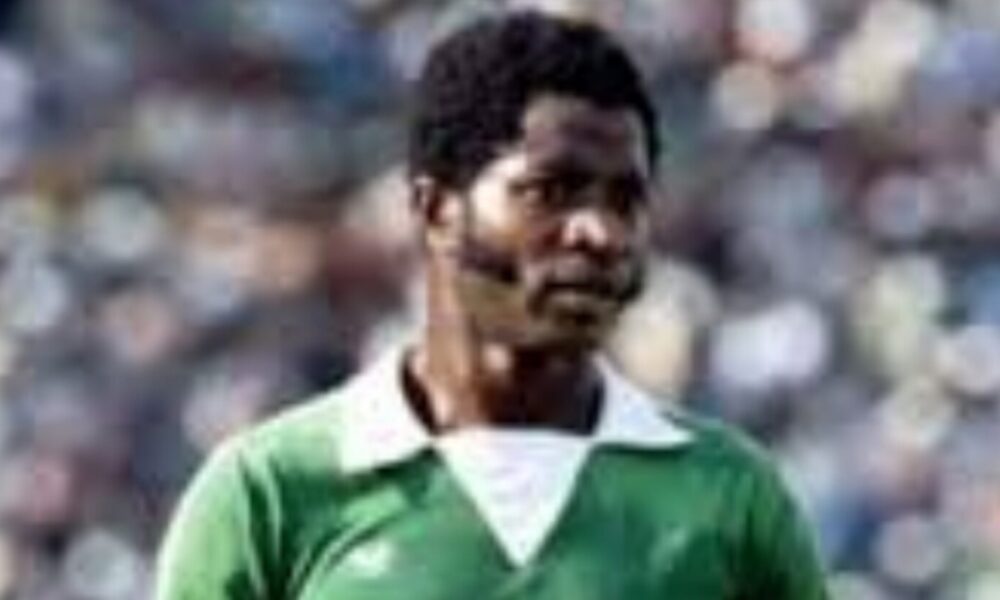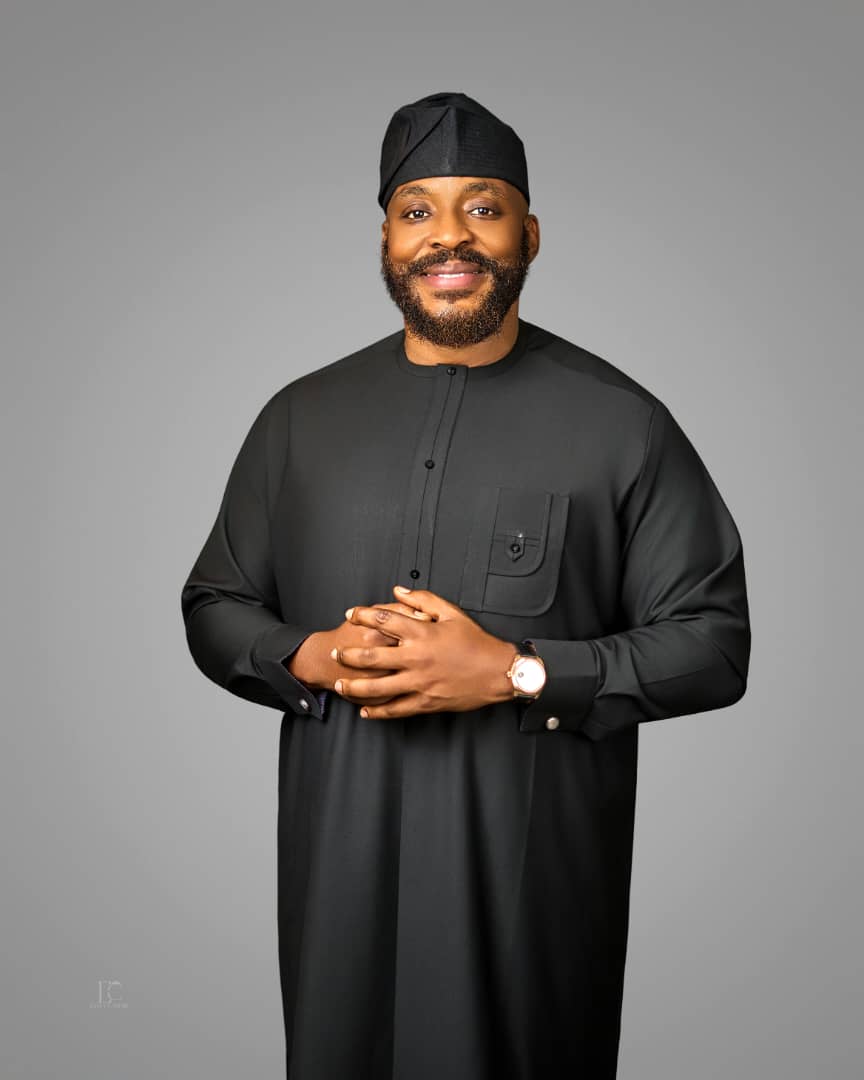By Ehichioya Ezomon
The other day, 18 of the over 30 aspirants of the Labour Party (LP) for the 2024 governorship election in Edo State – acting as paupers in an undisguised blackmail – petitioned the party leadership to scrap the N5m fee for Expression of Interest form, and reduce the cost of Nomination form from N25m to between N1m and N5m for the February 22 primaries.
But the LP national chairman, Mr Julius Abure, acknowledging at a January 31 press conference in Abuja that “election is expensive in Nigeria,” portrayed the aspirants as unserious and unprepared for the governorship contest, saying, “We believe that candidates, who are not able to afford our nomination fee, may not be able to conclude the process of election.”
The petitioners didn’t argue they can’t afford the N30m fee, but that the decision of the National Working Committee (NWC) “does not align with the principles and public perception of our party,” which “prides itself on being a party of equal opportunity, which implies that an average worker with vision, requisite qualifications, and character should aspire to be the Governor of Edo State.”
Noting that the LP is known as the party of “Mama, Papa, Pikin” and the workers, and that the minimum wage for an average Nigerian worker is N35,000, the dissatisfied aspirants said, “to peg the party forms for governorship at a price that is 100 times a Nigerian worker’s minimum wage in the midst of crushing economic hardship, may be perceived as tone-deaf.”
Even as they acknowledged “the financial challenges the party may face, and we propose enforcing mandatory prescribed membership monthly dues collections as per the party’s constitution to address this concern,” the aspirants craved for a drastic review of the cost of the two forms.
“After extensive internal discussions, and also feeling the pulse of the members of our party… the expression of interest form should be made free for all aspirants, while the nomination form should be obtained at a cost that does not exceed from N1m to N5m,” with 50 per cent reduction for women and people living with disabilities, the aspirants said.
A January 17, 2024, statement by the national publicity secretary of LP, Mr Obiora Ifoh – conveying the resolution of the NWC to peg the forms at N30m for the primary poll in Edo State – provoked a pushback from the aspirants gunning for the governorship on September 21.
The aspirants include: Barrister Efosa Ogieriakhi; Engr. Michael Oshiobugie; Hon. Lucky Ehis Obiyan; Dr. Loretta Oduwa Ogbor-Okor; Hon. Stephen Osemwengie; Mr. Paul Agbonze Obazele; Dr. Aruna Braimoh Denzel; High Chief Okhaimon Matthews; Engr. Morrison Eghobamien; Barrister Olumide Osaigbovo Akpata; Mr Kingsley Ulinfun; Mr Ehizojie Ohiowele; Dr. Osezua Ehiyamen; Azemhe Azena; Barrister Ihueghian Guobadia; Mr. Ernest Abegbe; Amb. Asha Emily Okojie-Odigie; and Mr Ogbemudia Osagie.
But dismissing the aspirants’ complaints, Mr Abure defended the N30m fee as “still the cheapest among the commity of political parties” – with those of the All Progressives Congress (APC) and Peoples Democratic Party (PDP) pegged at N50m and N35m, accordingly.
Abure said the NWC “sat extensively, considered all the variables, (and) put all the factors together before arriving at that amount,” adding, “We must say that the party needs a lot of funds in order to drive the process of electioneering. Today, no matter how you conduct primary election, funds are required; even after election, litigations (sic) are going to arise from whatever you do.”
“Litigation cost a lot of money, even organising the primary itself is expensive. When the party was not as big as this, you could explain to people that you have no money to give but today, people believe that the party has money and when you send anybody for any assignment, you must pay them adequately.
“Therefore, funding the party, responding to challenges in the party makes it imperative for us to arrive at that amount. I want to say it is about the cheapest within the political parties. We believe that we ought to draw attention to our philosophy of being a party for the downtrodden. With the reality on the ground, we have looked at it and come to that conclusion.”
While Abure’s response was apt for the “beggarly” 18 aspirants, there’s upswing in campaigns for the primaries, with many aspirants obtaining the nomination forms, and using the occasion of their visits to the LP national secretariat in Abuja to retate their strategies for winning the primaries and the September poll, and how they plan to lead if elected governor.
Prof. Sunny Eboh Eromosele is a frontline aspirant who picked the nomination forms on February 1, thus taking the first official step on the journey to the Osadebey Avenue Government House in Benin City, even as he and other aspirants face the party screening committee on February 14.
This comes after months of Mr Eromosele’s extensive meet-the-people consultations in the 192 wards of the 18 local government areas of Edo State. Amid a huge crowd of party leaders and young people that form the bedrock of the LP, the occasion in Abuja was reminiscent of a royal reception.
Protocols and formalities over, and the governorship forms handed over to him by the LP national youth leader, Mr Kennedy Ahanotu, who pledged “the party’s commitment to a credible primary election,” Eromosele displayed the forms, and spoke directly into the television cameras for millions of viewing audience.
Eromosele – popularly called “Mudiame” (literally, ‘God stands for/with/by me’) by relations, friends, colleagues, business associates and supporters – said he’s the aspirant to beat at the primaries, and Labour the party to beat at the September election.
He said he’s excited to be in the race because, “I have an agenda that aligns with the ideals of policies of governance. Edo State needs to be recalibrated. I’m bringing on board a governance that will care for the people and care for the society.”
To Eromosele, “the people are not part of the (government) policies. The people are not part of the governance. And so, I’m blessed that the people are ready to take over Edo State through the Labour Party.”
Rhetorically, Eromosele asked: “What are the challenges in Edo State today? It’s very simple,” he said. “Edo State is facing poverty challenges. And my agenda is to take the people from the floor to the upper level. So, I’m bringing on board a governance that will care for the people and care for the society. I have done it before. And people are saying, ‘Oh, he can do it again!'”
Being people-centric, the mechanic of Eromosele’s Manifesto, RISE: To RESCUE people from poverty, INCREASE their standard of living, SECURE the people and environment, and EMPOWER the people – symbolises a striving and caring for the masses. The reason Eromosele vows to “return governance of Edo State to the people” if elected governor.
Meanwhile, as the campaigns approach ground zero for the primaries, the issue of “homeboy” versus “townsboy” or “diasporan” has taken a centre stage in the LP – and in other two major parties of the APC and PDP – propagated by prior apostles of electing an Edo governor on capacity, competence and all-round performance.
With the emergence of Eromosele (and a few others) – who, though new in politics, is young and with the requisite capability, capacity, competence, education, exposure record of achievements, and finance – the no-hoper aspirants have sudden recourse to producing a “homeboy” governor versed in local issues and longevity in politics.
Remarkably, Eromosele, in a message-driven poster for the 2024 governorship, says, “I am the ‘original homeboy,’ with a deep-rooted dedication to the welfare and progress of good people of Edo State. I have invested billions of naira into the development of our beloved state, a fact that can be verified by all.”
It matters not the basis of Eromosele’s declaration, yet it’s coincidentally a direct response to snide remarks by opponents in the governorship race that he isn’t a “homeboy,” but a “townsboy,” who doesn’t know the local politics and issues that affect the grassroots.
Which makes one to ask: Who’d you rather want for Governor of Edo State: A “townsboy” Eromosele with all his accomplishments in truly uplifting the society and its people – and with the potential to “do more exceedingly great things” – or a “homeboy” with scant or none of Eromosele’s qualifications and achievements?
No guessing that given the opportunity and free rein to choose at Edo 2024, the good people of Edo State will cast their lot with and ballot for Eromosele, who’s demonstrated, in practical terms, that “homeboy” or “townsboy,” he’s grounded in local politics and issues, and has the wherewithal to making Edo truly “The Heart Beat of the Nation.”
Eromosele’s deeds speak for him when matched and paired with his counterparts in the running for Edo governorship. He’s an Academic and Administrator; founder of a globally-recognised welding institution and the Mudiame University, Irrua (MUI) in Edo State; an international businessman in oil and gas; a pathfinder in finding local solutions to technogical and innovation problems in oil and gas, and aviation sectors in Nigeria and the West African subregion; and a philantropist that provides basic amenities, including houses, for, and awards higher education scholarships to the needy.
Edo people should “rise and walk” with Prof. Sunny Eboh Eromosele with their votes at the Labour Party indirect primaries on February 22, and the September 21 election to choose the Chief Executive of Edo State. The mandate will be worthwhile to “a man who knows the road” to applying public policies and governance to get Edo State out of the woods!
Mr Ezomon, Journalist and Media Consultant, writes from Lagos, Nigeria





